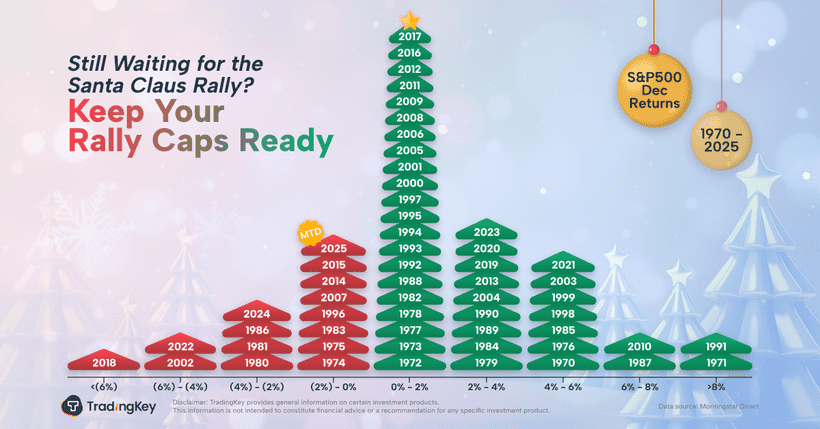Is Nikkei on course for a double dip?

Japanese equities experienced a selloff on September 4, which was a continuation of the market's reaction from an early August decline and subsequent recovery.
According to Citi's strategists, the selloff was likely due to a correction in several inconsistencies. Along these lines, there are several factors that could indicate continued instability in the near term.
Firstly, Citi pointed out that while a significant rate cut by the Federal Reserve has been anticipated, there remains an expectation of a soft landing for the U.S. and global economies.
Secondly, the yen has not appreciated against the U.S. dollar as much as would be expected, given the decline in U.S. long-term interest rates and the narrowing gap in long-term rates between Japan and the U.S.
Lastly, stock selection in Japan has not been dominated by cyclical stocks to a degree that aligns with the rebound in Japanese equity index levels.
The firm also referenced concerns over the U.S. economy, following the Manufacturing ISM Report for August, which showed a slight increase in the PMI. However, a deterioration in the new orders-inventories balance, a leading indicator, suggests that the PMI could fall to the lower 40s, raising concerns over a potential downturn in the U.S. economy.
Citi noted that the Japanese stock market appears to be following a pattern of a double-dip, characterized by a steep correction followed by a short-term rebound. The risk of Japanese equities falling below their August 5 floor, with the Nikkei 225 at 31,458, seems limited due to the USD/JPY's surge from over ¥165/$ to the ¥140/$ to ¥150/$ level in early August, and the lack of room for similar gains.
Furthermore, the effectiveness of the beta factor has not been consistent with index levels since mid-August, indicating some degree of preparedness for a double-dip scenario.
"We also note precedent—in Japan equity double-dips following sharp corrections, it can be seen that the floor was only broken when the initial rebound was weak, which suggests no new floor if a double dip follows August’s comparatively strong rebound," strategists wrote in a note.








